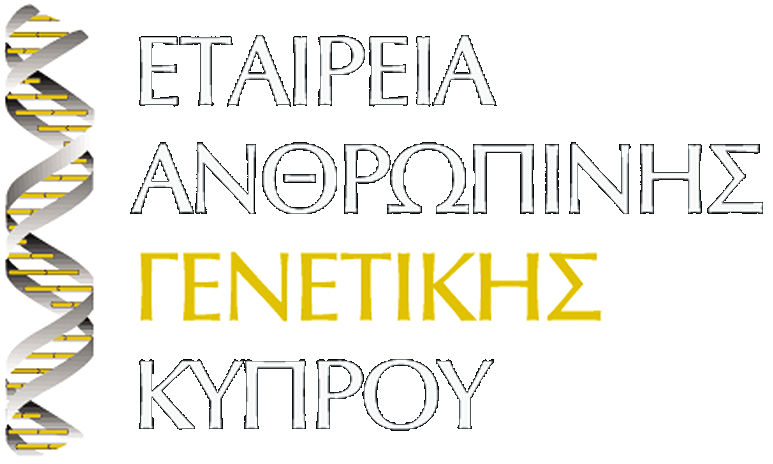Abstract
The purpose of this report was to provide detailed information on the safety and feasibility of surgical procedures associated with the first ex vivo liver-directed gene therapy trial for the treatment of vivo gene therapy for homozygous familial hypercholesterolemia (FH).Familial hypercholesterolemia is an autosomal dominant disease in which the gene encoding the low density lipoprotein receptor is defective. Patients homozygous for this mutation have extraordinarily high levels of cholesterol and accelerated atherosclerosis and die prematurely of myocardial infarction. The concept of liver-directed gene therapy was based on the report of normalization of cholesterol levels by orthotopic cardiac/liver transplant in a child with homozygous FH.
Five patients with homozygous FH were selected for inclusion in this trial. The patients underwent hepatic resection and placement of a portal venous catheter. Primary hepatocytes cultures were prepared from the resected liver and transduced with a recombinant retrovirus encoding the gene for the human low density lipoprotein receptor. The genetically modified cells were then transplanted into the liver through the portal venous catheter.
The purpose of this report was to provide detailed information on the safety and feasibility of surgical procedures associated with the first ex vivo liver-directed gene therapy trial for the treatment of vivo gene therapy for homozygous familial hypercholesterolemia (FH).Familial hypercholesterolemia is an autosomal dominant disease in which the gene encoding the low density lipoprotein receptor is defective. Patients homozygous for this mutation have extraordinarily high levels of cholesterol and accelerated atherosclerosis and die prematurely of myocardial infarction. The concept of liver-directed gene therapy was based on the report of normalization of cholesterol levels by orthotopic cardiac/liver transplant in a child with homozygous FH.
Five patients with homozygous FH were selected for inclusion in this trial. The patients underwent hepatic resection and placement of a portal venous catheter. Primary hepatocytes cultures were prepared from the resected liver and transduced with a recombinant retrovirus encoding the gene for the human low density lipoprotein receptor. The genetically modified cells were then transplanted into the liver through the portal venous catheter.

